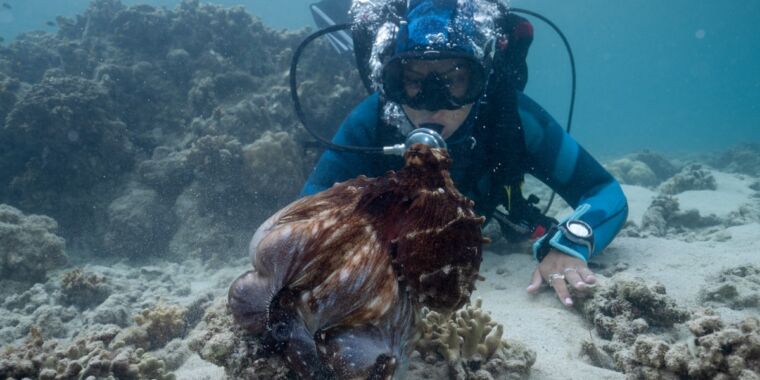The Importance of Digital Preservation in Academic Research
In the past, scientific knowledge was preserved in printed publications stored in libraries to prevent the loss of valuable information. With the transition to digital formats, the process of preservation has undergone significant changes.
The Challenge of Preserving Digital Material
While organizations have developed systems to preserve digital content, a recent survey reveals that many digital documents are not consistently archived. This poses a risk of losing academic research, including studies funded by taxpayers.
Survey on Digital Archiving
Conducted by Martin Eve, a developer at Crossref, the survey analyzed over 7 million DOIs to determine if documents were being properly archived. Despite the existence of “dark archives” that store content, many publishers have not ensured that their publications are preserved adequately.
- Less than 1 percent of publishers had a majority of their content in multiple archives
- Over a quarter of publications were not present in any archives
- Small publishers were less likely to archive their content compared to large academic publishers
The Risk of Lost Research
The lack of comprehensive archiving poses a threat to academic research as it hinders the ability to build upon existing knowledge. Without proper preservation, the foundation of facts that academics rely on becomes unstable.
Eve’s study underscores the importance of establishing clear standards for digital preservation in academic research. Without a consensus on who should be responsible for archiving, vital research material could be at risk of being lost.
Ensuring Access to Archived Material
One challenge is making sure that archived material can be easily located. Authors often deposit copies of their work in online repositories, but these copies may not include the necessary identifiers like DOIs.
If scholars cannot locate or verify the authenticity of a research paper, it diminishes the value of having an archived copy. Clear guidelines are needed to ensure the longevity and accessibility of digital research materials.
In conclusion, the transition to digital publications requires a concerted effort to establish robust archiving practices. By addressing the challenges of digital preservation, we can safeguard valuable academic research for future generations.
Image/Photo credit: source url





